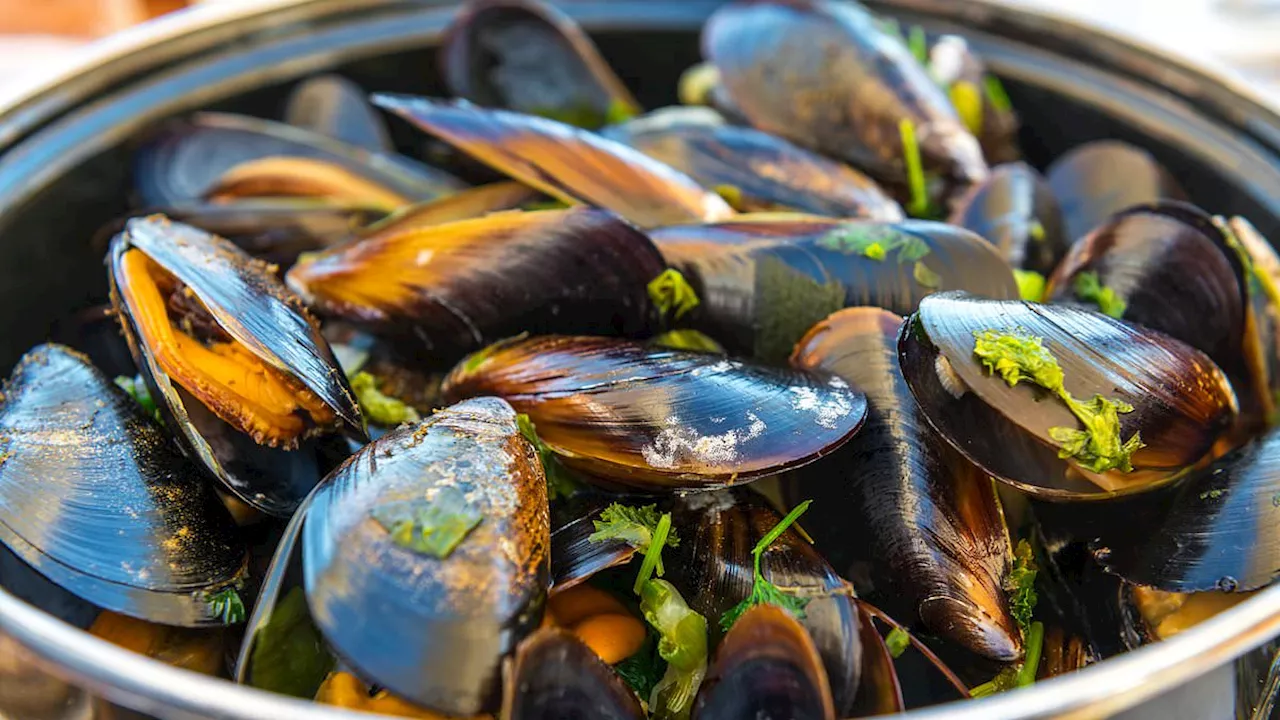Found mostly in fruit and veg, but also a surprising seafood, vitamin C is an antioxidant - i.e. it helps protect our cells from damage.
We love vitamin C, it seems — it’s one of the most purchased supplements in the UK , according to a recent survey by The Grocer magazine.
Vitamin C is not manufactured or stored by the body so we need to have it daily. But supplements may not be the best way to get it. In the UK the recommended daily amount for adults is 40mg of vitamin C a day, which you can get from eating a large orange. ‘For optimal nutrient retention, choose fresh, frozen or canned produce,’ she adds. This is because frozen and canned fruit and veg are often preserved quickly after harvest — just avoid anything in salty water or sugary syrups.
Red meat is also a good source of protein, but eating too much is linked to bowel cancer, so the NHS recommends that we limit it to 70g red and/or processed meat a day.Bell peppers are one of the richest sources of vitamin C, but the content varies with the colour. Half a green pepper provides around 53mg of vitamin C; half a red pepper, 94mg; half an orange pepper, 105mg — but half a yellow pepper will give you a whopping 122mg of vitamin C, three times your RDA.
